Year 1
Autumn Term 1
What does it mean to belong?
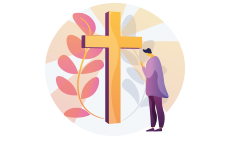
Autumn Term 2
Christianity – Why is Christmas celebrated by Christians? How will Christians celebrate Christmas in our local church?
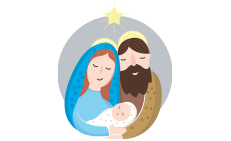
Spring Term 1
World Views – How do people with different and similar world views believe the world began and how should we look after it?
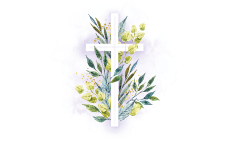
Spring Term 2
Free Choice –What is respect?
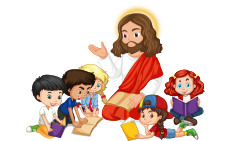
Summer Term 1
What do Muslims believe about Allah and Muhammed
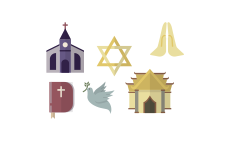
Summer Term 2
How do Muslims express new beginnings in their lives?
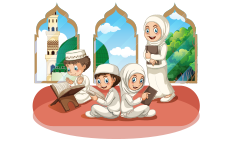
Year 2
Autumn Term 1
Judaism – What do Jewish people believe about God?
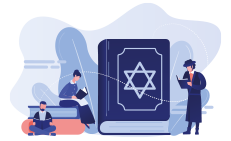
Autumn Term 2
How do Jews live their faith through practices and celebrations?
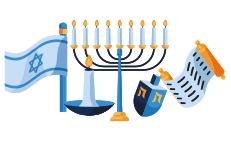
Spring Term 1
Christianity – Why is the bible a special book for Christianity?

Spring Term 2
Who was Jesus, why did he teach through stories and why is he important to Christians today?
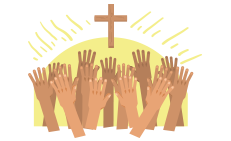
Summer Term 1
What do Humanists think a good life is about?

Summer Term 2
Free Choice – Life Stages
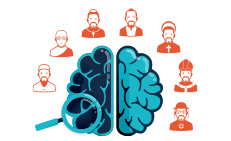
Year 3
Autumn Term 1
What does a Hindu believe about God and how is Diwali celebrated?
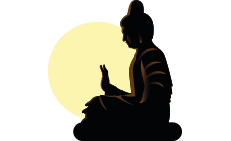
Autumn Term 2
Free Choice – What is the Baháʼí Faith?

Spring Term 1
Christianity – How can the Bible help a Cristian with their way of life?
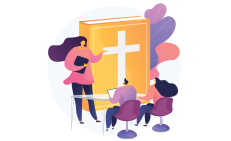
Spring Term 2
What do I think about Jesus and how is he portrayed in art from around the world? Why is the cross important for Christians?
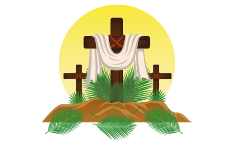
Summer Term 1
What is my point of view God and why do people have faith?

Summer Term 2
What do Muslims believe happened on ‘The Night of Power’ and how do they worship?

Year 4
Autumn Term 1
How do Jewish people demonstrate their faith through their communities?

Autumn Term 2
Why do Christians think about incarnation at Christmas? What is the Trinity?
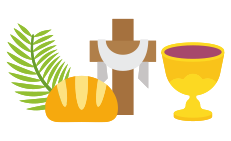
Spring Term 1
What is a world view? ‘We have far more in common than that which divides us.’
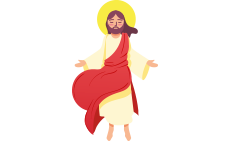
Spring Term 2
What can I learn from Christian art about Easter, salvation and the Trinity?
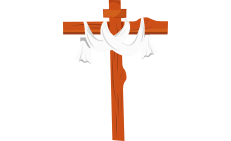
Summer Term 1
How do Humanists Arrive at their views about the world?

Summer Term 2
How do Hindus worship in their daily life?
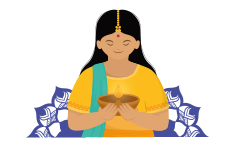
Year 5
Autumn Term 1
Why are the five pillars important to Muslims for their daily lives?
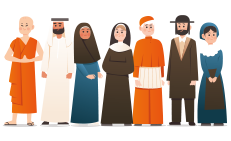
Autumn Term 2
How is a Muslim way of life expressed at home and in the community?

Spring Term 1
Sikhism – How are the values of community and equality shown through the Sikh way of life?
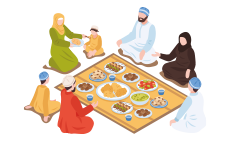
Spring Term 2
Which beliefs do we find hard to understand in Christianity

Summer Term 1
How and why do Christians worship?
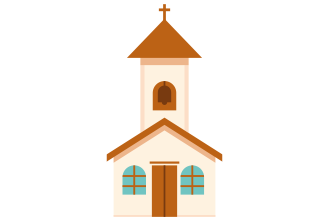
Summer Term 2
How do people show their beliefs in action?
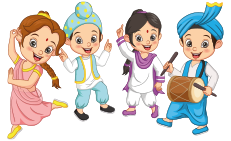
Year 6
Autumn Term 1
What it means to belong in a religiously diverse world?

Autumn Term 2
What do Religious and non religious world views believe about equality, justice and fairness?

Spring Term 1
Christianity – Are the Humanist and Christian ideas about science conflicting or complimentary? Does the Big Bang Theory disprove the Genesis account on Creation.
![]()
Spring Term 2
Sikhism – How do Sikhs worship?
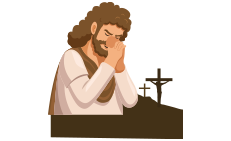
Summer Term 1
Christianity – What are some of the differences and similarities within Christianity locally and globally? What can we learn from Christian religious buildings and music?
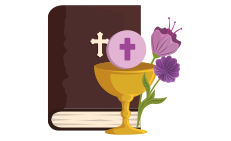
Summer Term 2
What is life and death about?
